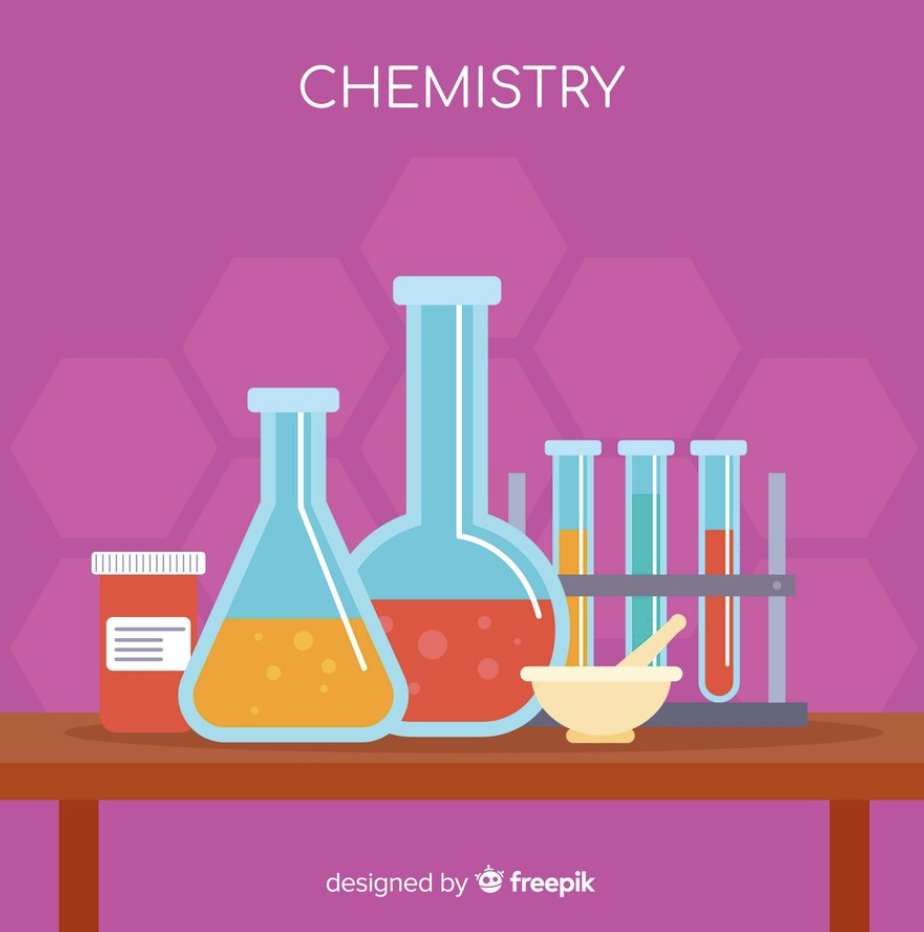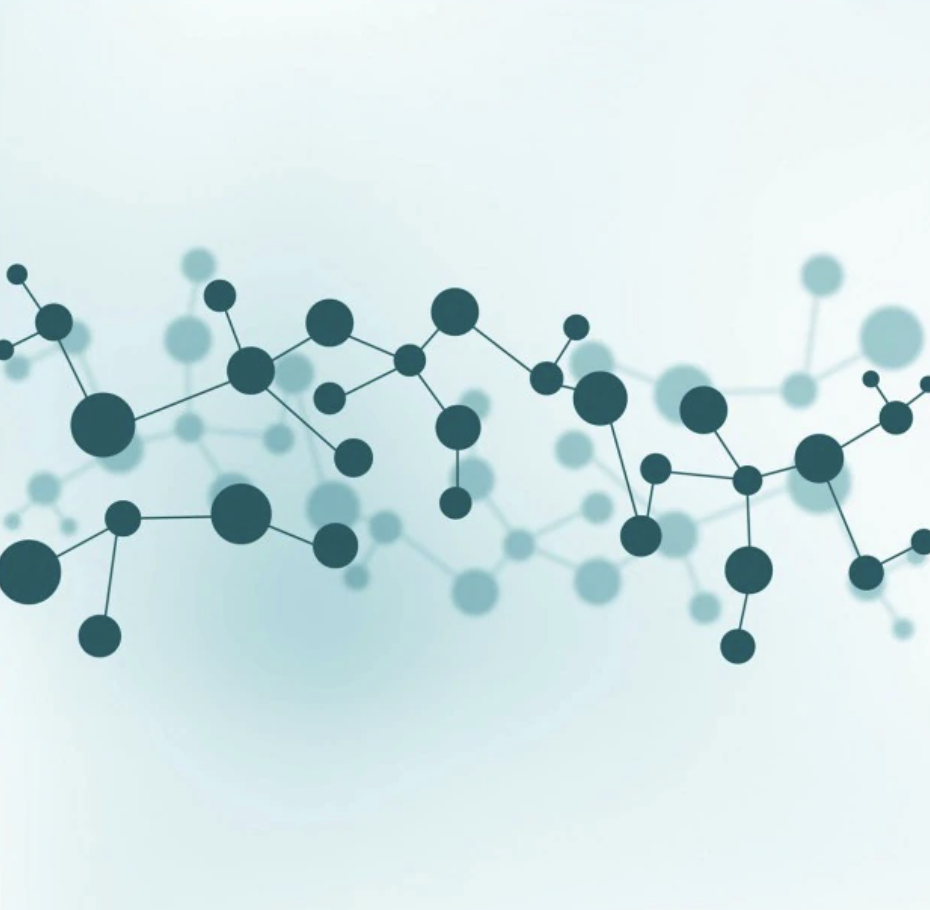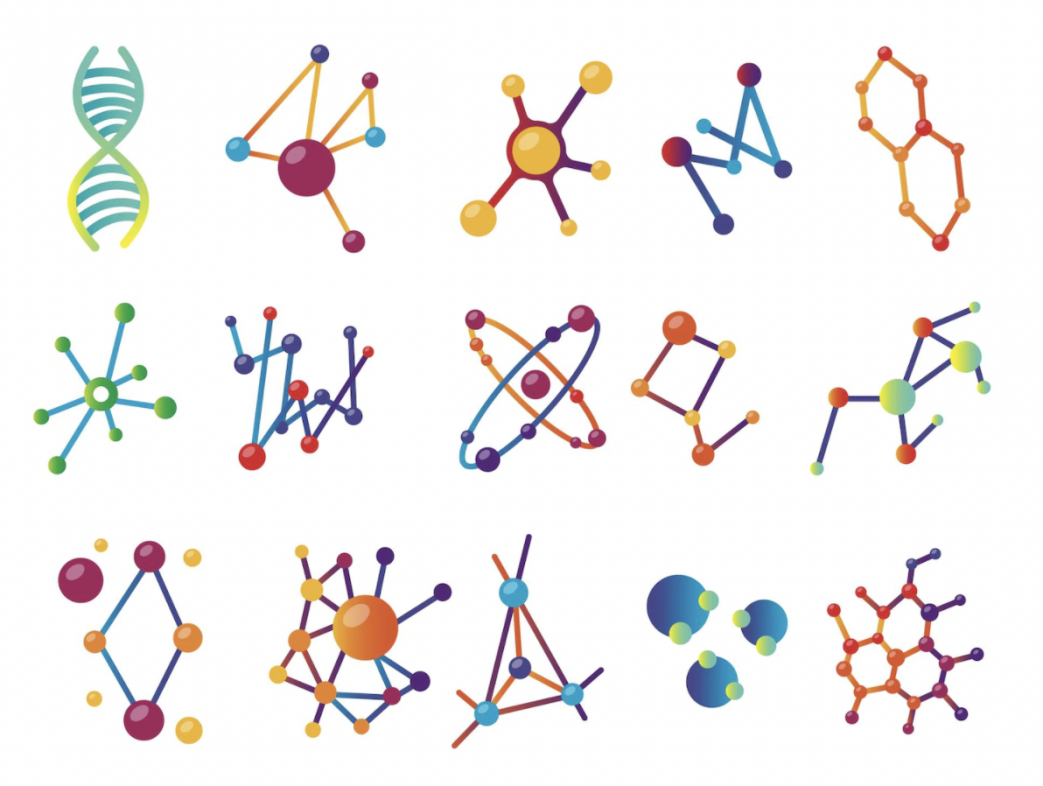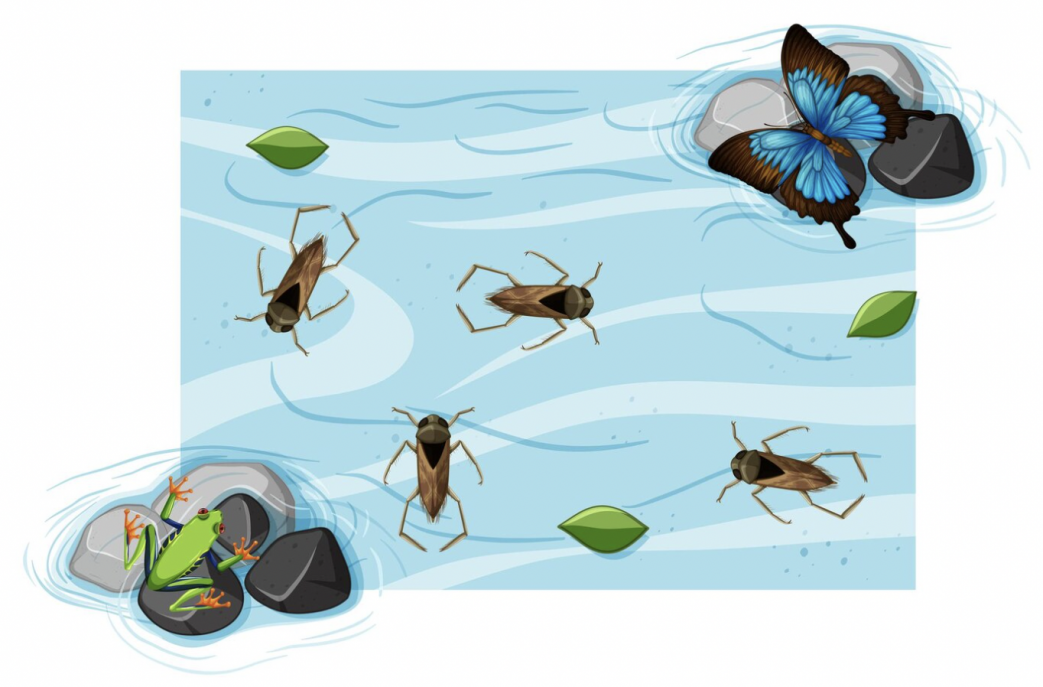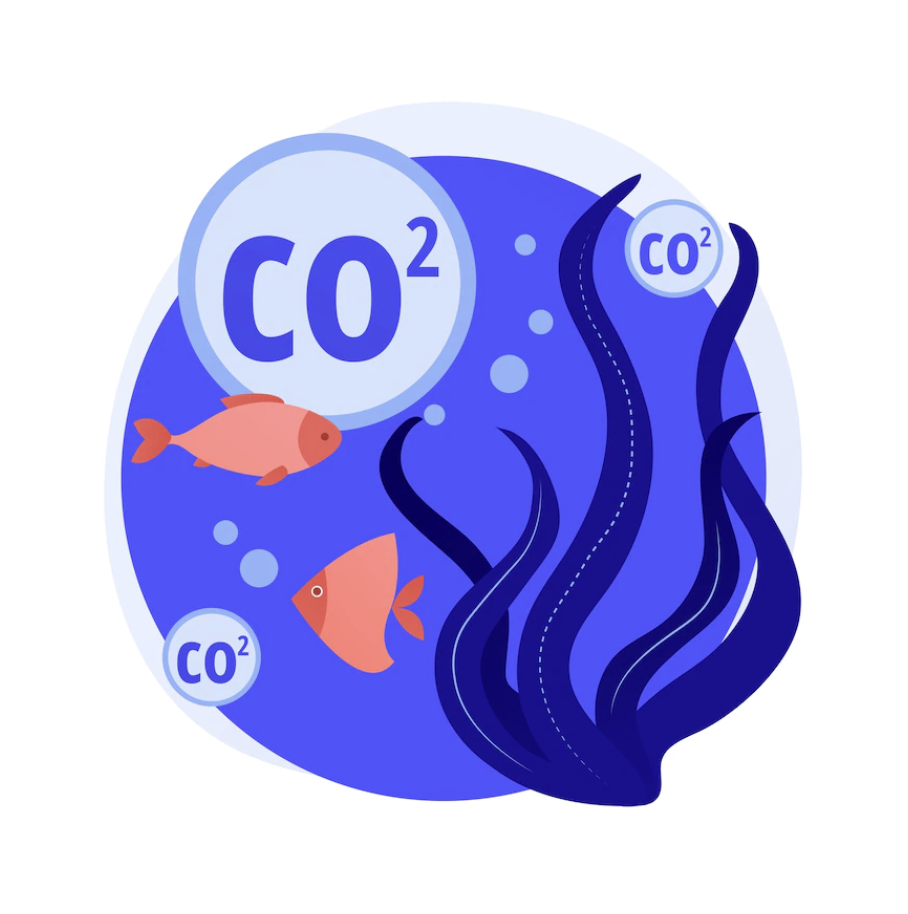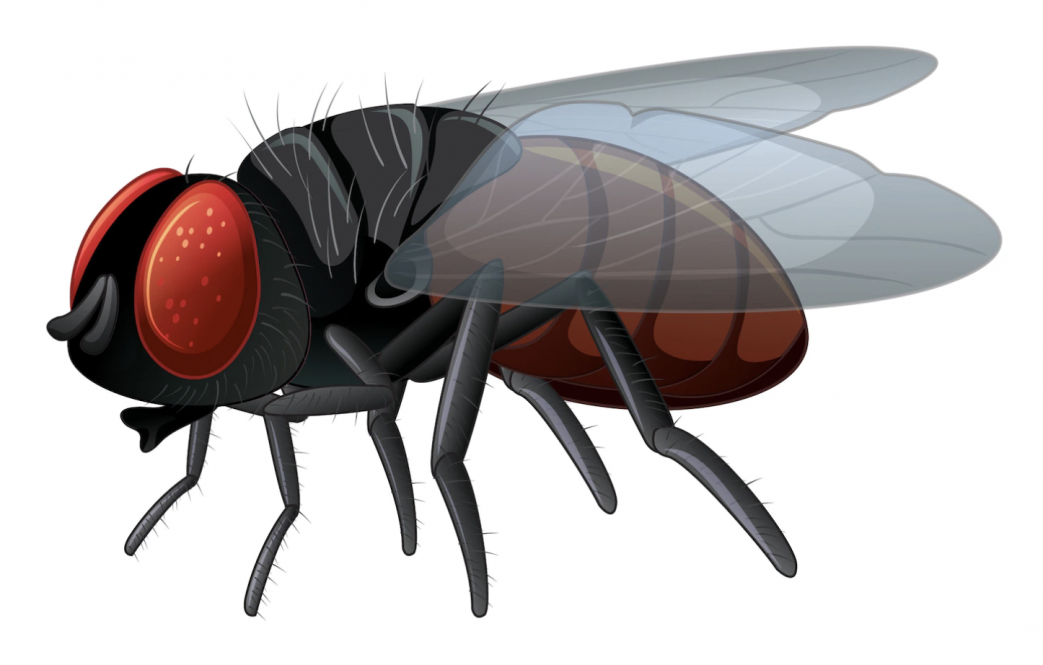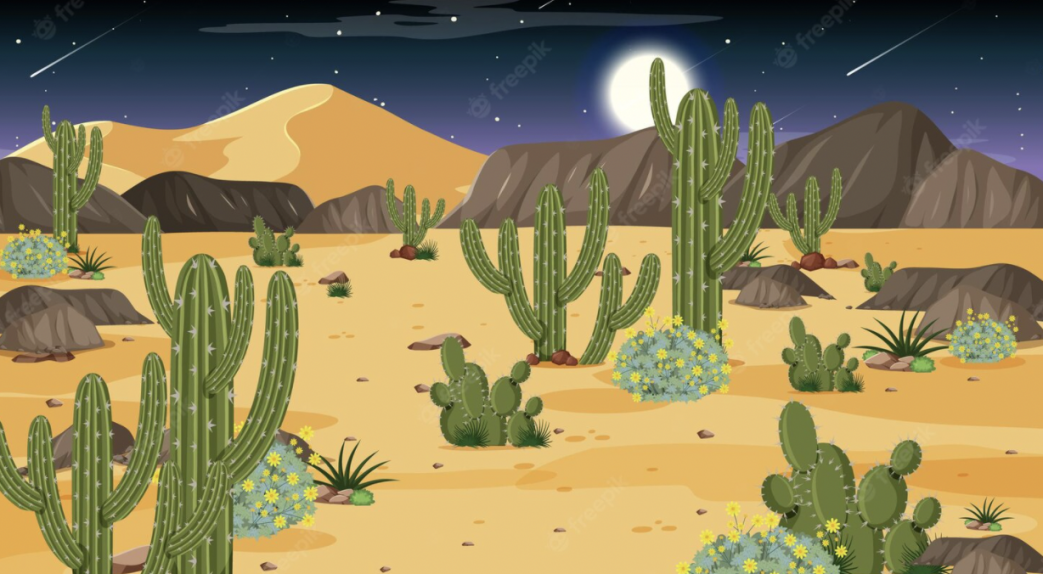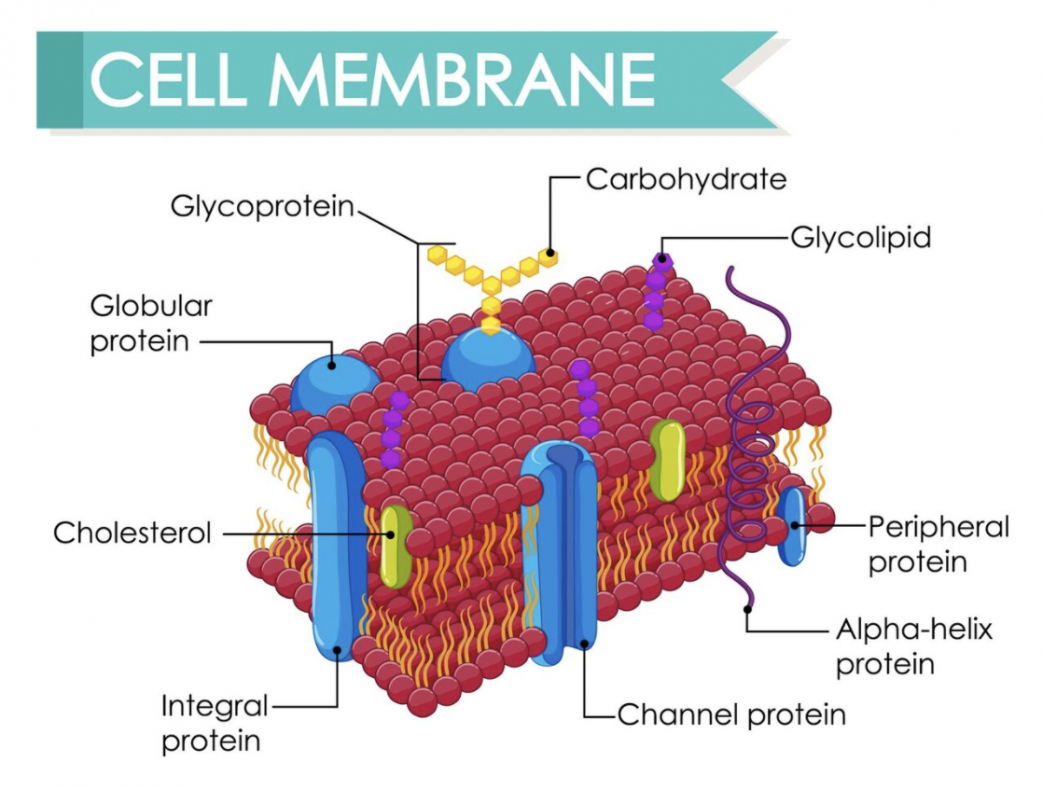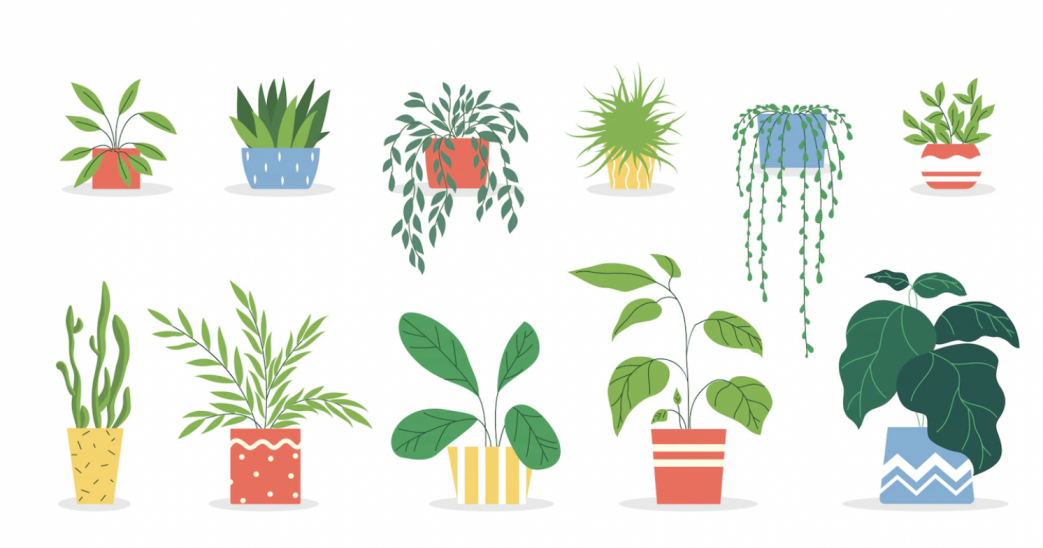All high school students and international equivalents are invited to submit an essay about the recent effects and future promises of science in our society. Write about particular discoveries, events, or persons from science in current events or present a more general account of the changes and developments. Each essay must be accompanied by a statement of acknowledged validity by a teacher in the field …
What Can Your Genes Can Do?
Are you in grades 9-12? Do you love to watch YouTube Videos? Or make your own? Then show the world what your genes can do!Just submit a 3-5 minute video describing any current application of genetics (such as ancestry testing, genetic testing for disease risk, production of biofuels, etc.) and explain how it works. This application should be realistic and …
DNA Day Essay Contest
Check out this amazing opportunity! The American Society of Human Genetics (ASHG) invites you to participate in the 11th Annual DNA Day Essay Contest! The contest is open to students in grades 9-12. The contest aims to challenge students to examine, question, and reflect on important concepts in genetics. Essays are expected to contain substantive, well-reasoned arguments indicative of a …
The International Brain Bee 2015
16-year-old wins a ‘nail biting’ international neuroscience competition by only ‘half a mark’ in Queensland By Aneeta Bhole For Daily Mail Australia and Aap A 16-year-old Sydney girl has won an international neuroscience competition hosted over six days in the city of Cairns, Queensland. Read more: http://www.dailymail.co.uk/news/article-3212272/16-year-old-wins-nail-biting-international-neuroscience-competition-half-mark-Queensland.html#ixzz53MYUeD1L
Michaelis Menten Equation
Michaelis Menten equation is used to study the kinetics of enzymatic reaction. Usually, the rate of reaction (a.k.a. velocity) is measured at several different substrate concentration values. Below there is a succinct explanation of Michaelis Menten equation. http://varunyilunusabowebsite.weebly.com/uploads/3/7/5/4/37541075/michaelis_menten_equation.pdf
Enzyme kinetics and thermodynamics
Below you will find a concise description of main principles of thermodynamics and enzyme kinetics. http://ocw.mit.edu/courses/biology/7-014-introductory-biology-spring-2005/readings/l5_bioche_deltag.pdf Chemical elements vector created by freepik – www.freepik.com
Glycogen metabolism
Glycogen is the most important storage form of glucose in animal body. Thus, it is of paramount importance to understand how glycogen is utilized. Below you will find a concise outline of biochemistry of glycogen which is not covered in Campbell, but you can come across some questions regarding this in olympiads. http://www.chembio.uoguelph.ca/educmat/chm356/3560l9.pdf
Guidelines for Statistics and Graphs in General Education Biology
A very useful guide for statistical analysis and graphical representation of data can be found below. http://www.radford.edu/~jkell/labs103.htm
Plantae: Bryophytes & Vascular Plants
The Kingdom Plantae represents an extremely large group of mostly terrestrial organisms that are photosynthetic. Below you will find a handout about plants. https://www.msu.edu/course/lbs/158h/manual/Plantae.pdf.
Phytochromes
Phytochromes are important pigments for plant growth and flowering. Below you will find a concise outline of the mechanism of action and effects of phytochromes. http://faculty.caes.uga.edu/pthomas/hort4050.web/Hort4050web/Phytochrome%20lecture.ppt
A Method of Population Estimation: Mark & Recapture
An important technique used in ecology is mark recapture method. www.radford.edu/~jkell/mark_rec103.pdf
Mating systems in animals
There is a number of different mating systems among animals. Some animals tend to be monogamous, others are polygamous. In the outline below you will learn the similarities and differences between mating systems. http://web.pdx.edu/~zelickr/animal-behavior/lecture-outlines/lectures2013winter/LS13-ch11-mating-systems-1.pdf
Drosophila: from genes to phenotypes
Drosophila has always been a role model in research, therefore it is useful to know the basics of its anatomy, physiology, genetics, and more. http://home.sandiego.edu/~cloer/bio376f08/376f08_lectures/Lect12-14-376F08(Drosophila).pdf
Linkage, Recombination, and Eukaryotic Gene Mapping
In this tutorial you will learn more about genetic analysis, recombination frequencies and linkage. http://www.webpages.uidaho.edu/biosci/labs/wichman/courses/Biology%20210/2006/Macs/Exam%202mac/Lec9and10RecombMap.pdf.
Plant diversity
Here you will find a quick review of plants: from tracheophytes to angiosperms. http://www.eebweb.arizona.edu/faculty/huxman/Huxman_lecture6.2008.pdf
Glycolysis
In olympiads you will encounter glycolysis very often. It is useful to remember the main enzymes, substrates and unique properties of reactions involved in this process. Also do not forget that glycolysis occurs in the cytoplasm, not in mitochondrion. www.csun.edu/~jm77307/Glycolysis.pdf.
Diffusion and Transport Across Cell Membranes
In order to successfully function, survive, and reproduce all cells require the ability to transport molecules in and out of the cell. There are two main transport types: active and passive transport. In the outline below you will learn unique characteristics of each. http://biochemistry2.ucsf.edu/programs/ptf/prologue%20links/Diff%20&%20Trans%20Membranes.pdf
Plant biology: stems
Plant stems are one of the major organs required for long-distance transport of water and biomolecules. In the outline below you will learn about different types and features of stems. ppongam-irsc.weebly.com/uploads/1/9/9/0/19902363/ch04_lecture.ppt
Amino acid degradation
Amino acids are important biomolecules in living organisms, thus it is important to know how amino acids are recycled. https://www.tamu.edu/faculty/bmiles/lectures/amcat.pdf https://www.rose-hulman.edu/~brandt/Chem330/Amino_acid_breakdown.pdf
Botany: Stele types
In a vascular plant, the stele is the central part of the root or stem containing the tissues derived from the procambium. These include vascular tissue, in some cases ground tissue (pith) and a pericycle, which, if present, defines the outermost boundary of the stele. In other words, vascular bundle or the stele consists of three tissues: the pericycle, the …






